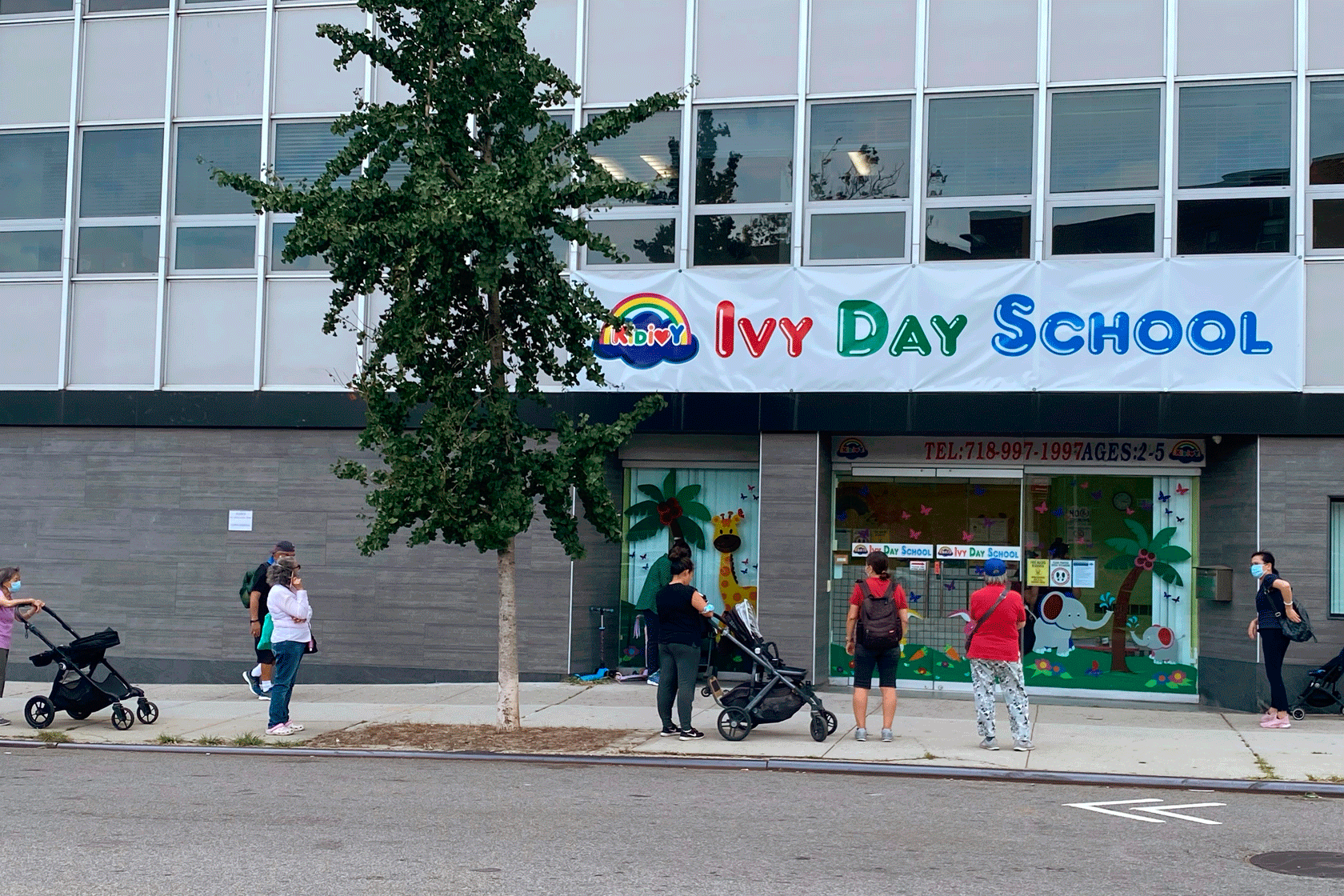There's no data to support what you're saying women without children are less depressed and live longer. They also have more disposable income because duh..... Like this isn't rocket science. Women with children have to work and they have take care of the children. It wears them down physically, psychologically and health wise. Now if the partnership was more equal that probably would improve but it doesn't. Women with children are the ones who are overworked, depressed, and have less disposable income. Now childless men in their later lives are really bad off. Maybe that's why you guys are projecting onto women what they may be going through, but they aren't going through the same things because the stakes are higher for women with children, especially if the man doesn't feel he needs to contribute anything other than money. I'm not pulling this out of my ass. This has been studied for decades. Here's a systematic literature review of hundreds of empirical studies conducted over a decade. It's also from a top peer reviewed journal. In other words this is most of the research on this topic.
This article reviews recent research (1999 – 2009) on the effects of parenthood on wellbeing. We use a life course framework to consider how parenting and childlessness influence well-being throughout the adult life course. We place particular ...

pmc.ncbi.nlm.nih.gov
Generally, childless young adults report better well-being than parents (
Nomaguchi & Milkie, 2003), although one study found that childlessness in young adulthood may be stressful in the context of thwarted fertility intentions, especially for women with lower family income (
McQuillan, Greil, White, & Jacob, 2003). As for childlessness at midlife,
Koropeckyj-Cox, Pienta, and Brown (2007) analyzed national,
cross-sectional data to compare the well-being of childless women and mothers in their 50s and found that childlessness was not associated with worse psychological outcomes in midlife. It was women who became mothers early in the life course who experienced lower wellbeing—largely because of marital disruption and fewer socioeconomic resources.
Several recent studies have explicitly compared the well-being of parents and the childless in later life. This issue is more relevant now than in the past because of increasing longevity, lower marriage rates, and increasing numbers of childless individuals—a combination of factors that may contribute to greater isolation and distress in older populations (
Zhang & Hayward, 2001). Zhang and Hayward analyzed a national cross-section of Americans age 70 and older and concluded that any effects of childlessness on well-being were apparent only within the context of marital status and gender.
Childlessness was associated with higher rates of depression and loneliness, but only for unmarried men.






 )
)
